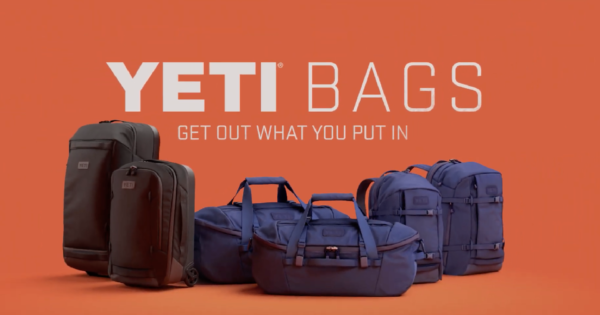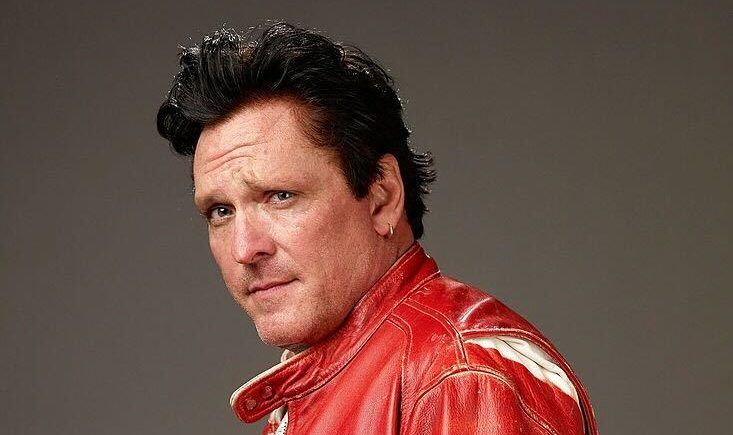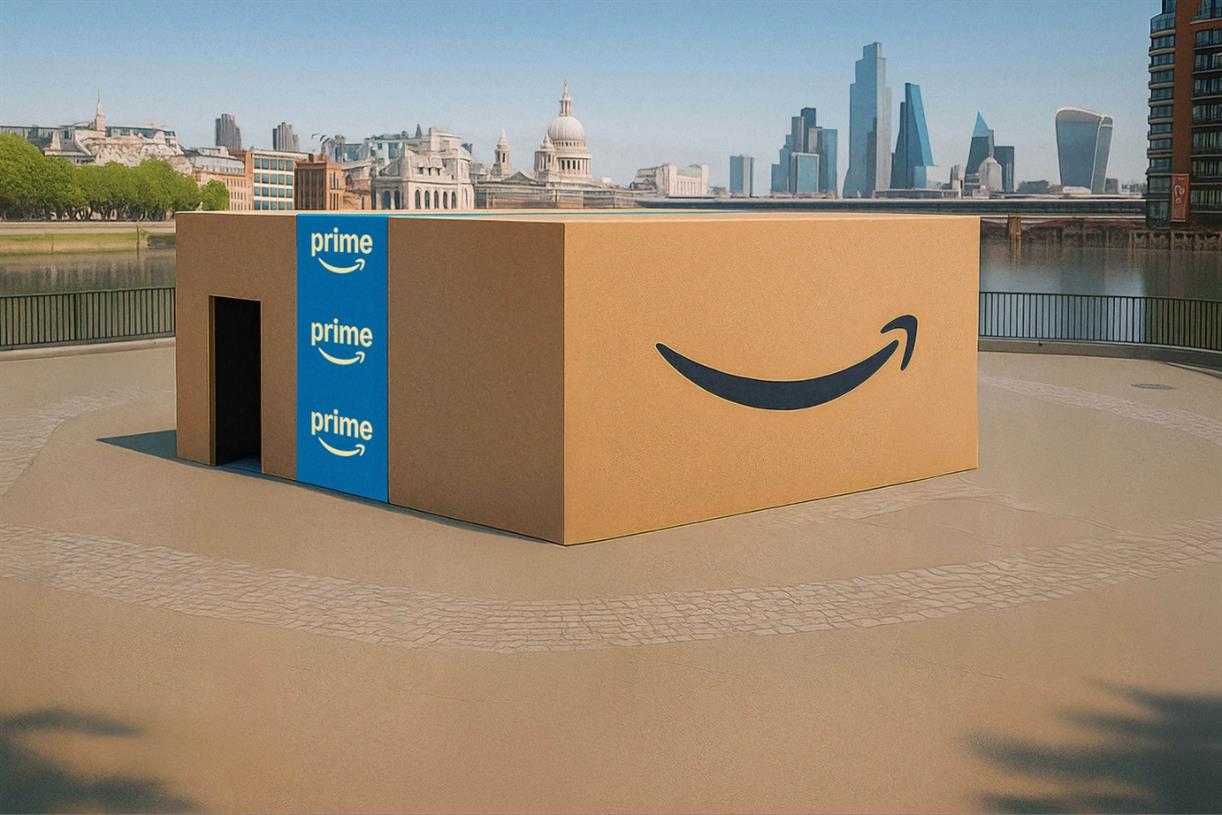Chevrolet's big new EV push includes Fleetwood Mac and influencers
The General Motors brand is spending big as it aims to be the EV provider for "everyone, everywhere."

Chevrolet is calling on Fleetwood Mac, Conan O’Brien, a bevy of influencers and a big media buy in NFL games to draw consumers to its growing fleet of electric vehicles. The band’s classic hit “Everywhere” backs a new ad debuting Saturday that begins what one executive described as Chevy’s largest-ever campaign.
The spot, a joint effort from Chevy agency Commonwealth/McCann and Vice Media Group, spotlights new electric models hitting dealerships in 2023—including the Equinox EV, Silverado EV and Blazer EV, as well as the Bolt EV, which debuted in 2016 as Chevy's first dedicated electric vehicle.
The commercial portrays singing, smiling people driving the vehicles and positions Chevy EVs as “for everyone, everywhere.”
The effort continues a move by Chevy and parent company General Motors to be seem as a mass market provider of EVs for people of all ages, genders, ethnicities and income levels. GM’s corporate campaign, called “Everybody In,” has been supported with Super Bowl ads the past two years. Chevy also ran a 2022 Sopranos-themed Super Bowl spot for the Silverado.
The new Chevy campaign is notable for its size and scope. The brand declined to reveal its media investment. But Mary Kubitskey, Chevy’s manager for media partnerships and divisional brand strategy, described it as “more than Chevy has ever spent on a launch campaign.”
Granted, the campaign is not launching a single model—it’s spreading the word about multiple EVs. Still, the financial backing for the new effort is notable given that EVs still represent a tiny fraction of auto industry sales.
But the EV segment, long dominated by Tesla, is growing, as traditional automakers including GM, Ford, Volkswagen and others pour billions of dollars into EVs, with their models now hitting dealerships. EVs made up 4.5% of new vehicle sales in the first eight months of 2022, up from 2.6% for all of 2021, according to Edmunds. Tesla has 60% market share, followed by Ford (8.4%), Hyundai (6%) and Kia (5.1%).
Chevy, which grabbed just 3.9% EV share for the period, has major ambitions with the new campaign and EV lineup. The marketing is meant to convey to consumers curious about EVs “here is the company that is actually going to deliver the goods,” said Chevrolet Marketing VP Steve Majoros. “We really are at a pivotal moment for the industry. And what a pivotal moment for Chevrolet in that we are bringing forward products that really meet what customers are looking for from a brand they trust.”
The TV buy begins Saturday during Fox’s college football coverage and will continue Sunday with NFL programming, including NBC’s “Sunday Night Football,” the most expensive buy on TV. In total, Chevy is targeting some 9 billion impressions with its paid media, with earned and organic social aiming to “double that,” Kubitskey said.
That social reach will heavily rely on what Kubitskey characterized as “a really big stable of influencers”—a first for Chevy—which the brand has dubbed internally as “Chev-angelists.”
“We didn’t go after LeBron James and Tom Brady,” she said. “We’re going after some influencers with millions of followers and then we are going after a lot of micro-influencers who have more of ... an authentic voice in their own communities, so they might have a few thousand followers.”
Four of the influencers appear in the TV ad. They include Terrence Jenkins, a model and entertainer known as Terrence J, who is a popular advocate for historically black colleges and universities (HBCUs). Jenkins, who has previously worked with Chevy, will be called on to spread the word about the Blazer EV on social media; he has 3.1 million Instagram followers.
Also included in the campaign are the owners of a Latin dance studio in Milwaukee called Gustavo Kyrstal Dance, which counts 1.4 million followers on TikTok. They will be asked to plug the family-oriented Equinox.
Letting influencers take control
Chevy will be careful not to dictate or script the influencer messages. The goal, Kubitskey said, is to start “a movement,” and get “people to talk to their fans in their voice about Chevy’s products. Frankly, it’s an exercise for us to step back and let them take control of the narrative.”
Such an approach at one time would have seemed implausible for a massive brand such as Chevy, which is used to controlling its narrative. But letting go of the reins, at least a little, has become a necessity for brands as they seek to gain notice from everyday Americans who are more apt to be glued to social media, not TV.
Word-of-mouth marketing—including the kind spread digitally—is especially critical when it comes to EVs. That’s because potential buyers look for trusted voices to guide what is often their first purchase of a non-gas-powered vehicle. In the U.S., among those likely to buy an EV as their next vehicle, 37% cited “friends and family” as their main influence, according to a recent survey from consultancy AlixPartners.
“EVs are giving auto companies a chance to revamp how they're perceived by consumers as their offerings will evolve dramatically,” said Jessica Caldwell, executive director of insights at Edmunds, said in an email interview.
“Electrification is a complex topic so deploying influencers to explain this to potential consumers in a way they will understand makes a lot of sense,” she added. “Topics like setting up charging stations and range aren't always straightforward; leveraging influencers is a solid communications strategy because they can speak to their audiences in a digestible and relatable way compared to the more general messaging in advertisements.”
Of course, Chevy is spreading its bets beyond micro-influencers. Media integrations include deals with Pandora’s “Conan O’Brien Needs a Friend” podcast as well as Barstool Sports, and what Kubitskey described as an “augmented reality gamified experience delivered through millions and millions of Amazon boxes.” She also teased a metaverse collaboration with Meta, without sharing details.
Majoros described Vice Media Group’s role in the campaign as a “creative and cultural consultant,” but stressed that Commonwealth/McCann remains Chevy’s lead agency. Vice Media Group includes its digital content arm, film production studio, news division and Virtue, a full-service creative agency.
“We're having partners produce content and things on our behalf but you still need a mothership agency to produce the majority of our content and also be a steward,” Majoros said, referring to McCann.
With the TV ad, Chevy went for cross-generational appeal, which is where the Fleetwood Mac song comes in. Majoros suggested the band is among the musical acts enjoying “rediscovery” by younger generations. (That was certainly the case in 2020, when a TikTok clip of a man longboarding to the tune “Dreams” while drinking Ocean Spray went viral.)
“Everywhere,” a love song released in 1987, fits Chevy’s an-EV-for-everyone theme. The ad, which includes vehicles featuring bright color palettes, attempts to portray a sense of accessibility.
“We really wanted EVs to not be some strange science project,” Majoros said. The “notion of brightness and optimism is really important and when you hear that song, it checks that box.”

 BigThink
BigThink 































